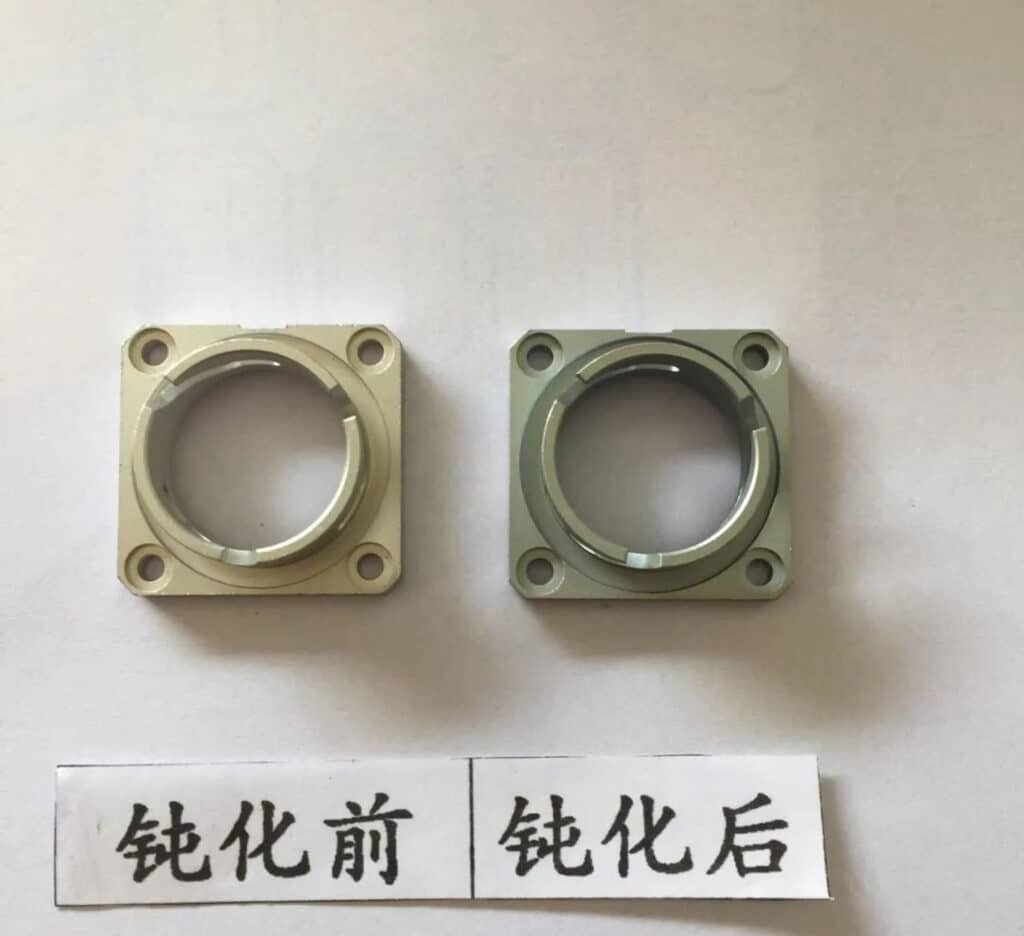About Ten Important Questions Regarding Aluminum Alloy Passivation

Passivation refers to the process of treating metal surfaces with strong oxidants or electrochemical methods to transform them into a passive state, which is a method of converting metal surfaces into a less reactive state to slow down the corrosion rate of metals. In addition, passivation is a phenomenon in which the chemical reactivity of […]
Aluminum Alloy Surface Hardening Treatment

Learn about the various methods for surface hardening treatment of aluminum alloys. Discover effective techniques to enhance the hardness and durability of aluminum components for improved performance and longevity.
The Manufacturing Process of Aluminum Foil: From Bauxite to Final Product

Introduction Ever wondered how that shiny roll of aluminum foil in your kitchen comes into existence? Well, wonder no more! This article will take you through the fascinating journey of aluminum foil production, from its origin as bauxite ore to the final product you use to wrap your food or insulate your home. Let’s dive […]
What is the best thickness for aluminum foil?

A Comprehensive Guide Aluminum foil has become an important part of our daily lives because it can be used in so many different ways and is so useful. In this article, we’ll talk about the different thicknesses of aluminum foil, what they’re used for, and how they work. Introduction to Aluminum Foil Thicknesses Rolling aluminum […]
Aluminum foil package

Aluminium packaging offers a high level of corrosion resistance. It provides protection from ultra-violet rays, water vapour, oils and fats, oxygen and micro-organisms. When used to package sensitive products such as pharmaceuticals, cosmetics or food, aluminium is hygienic, non-toxic, non-tainting and retains the product’s flavour. An aluminium barrier also plays the essential optimal protection properties by […]
